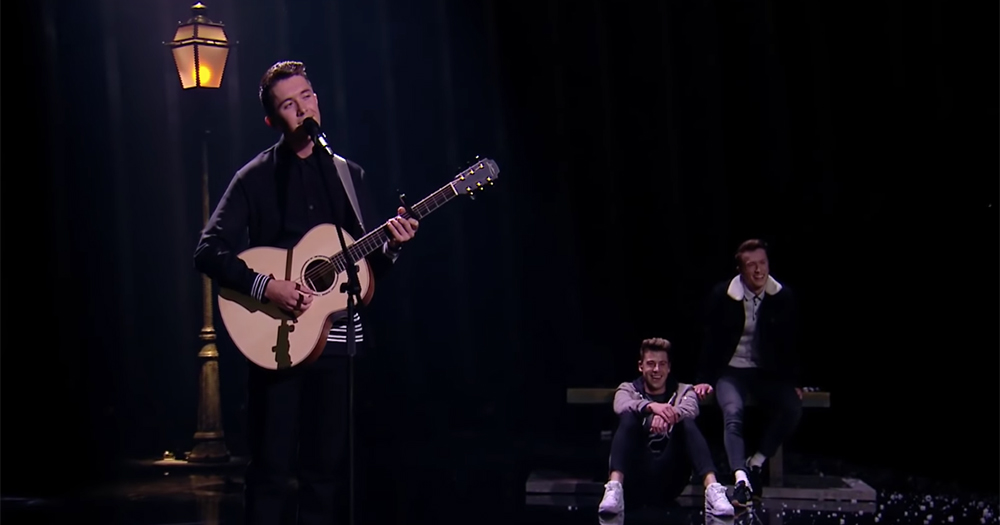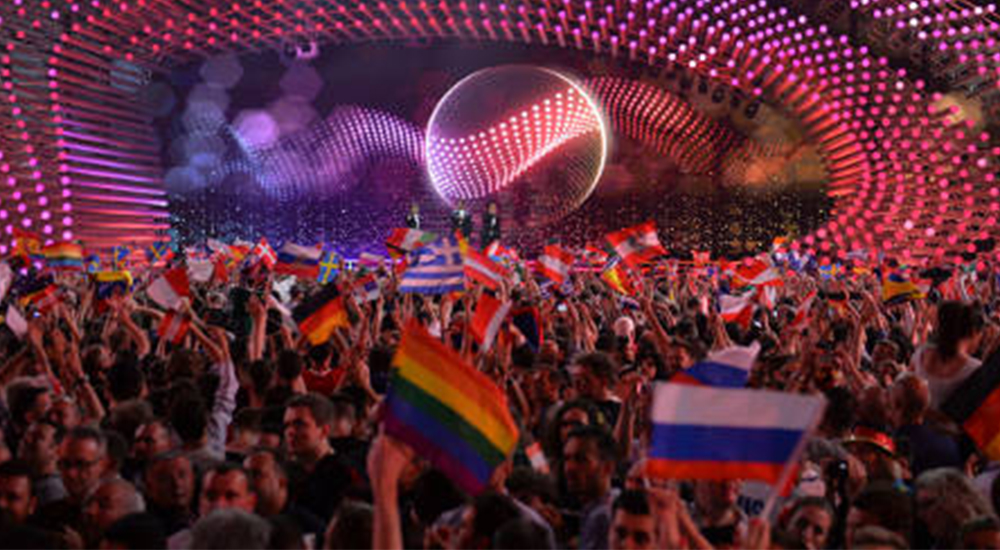Hungary has decided to pull it’s Eurovision entry with a source alleging that the competition is “too gay”.
Prime Minister, Viktor Orban, has yet to comment on the official reason for Hungary leaving the competition.
A source at a Hungarian television station has claimed that the singing contest would damage the public’s collective health.
Hungary’s public broadcaster, MTVA, described the Eurovision as “a homosexual flotilla” and claimed that the connection to the LGBT+ community doesn’t sit well with the people of Hungary.
A source from MTVA told The Guardian: “I was not surprised. It comes from the organisational culture of MTVA.”
An official statement from the TV station read: “Instead of taking part in the Eurovision Song Contest in 2020, we will support the valuable productions created by the talents of Hungarian pop music directly.”
In 2018, Ireland’s Eurovision entry was the centre of controversy. Ryan O’Shaughnessy’s performance of his song ‘Together’, which featured a gay couple dancing, was praised for its inclusivity. Not all reaction was positive however, as Ryan revealed in a recent interview that he had received death threats from homophobic trolls unhappy with the depiction.

Ryan told the Irish Mirror, “I was just talking to a lad from Amnesty International and he was telling me about how with campaigns they’ve ran in the past, they’ve received death threats from people for being a little out there with your statements. I received similar threats from homophobic people coming from countries that aren’t as liberal as Ireland.”
China could certainly be included in that list. The state broadcaster cut Ryan’s performance out altogether along with blurring out rainbow flags held by people in the audience. Their censorship of LGBT+ content led to Eurovision blocking them from screening the finals altogether.
In an interview with GCN, Ryan commented on whether it was a deliberate decision to feature a gay couple: “I liked the idea of two people in love, no matter what it is. There wasn’t really a conscious decision making it a gay theme, it wasn’t about that.” He continued, “If there was a girl in the video there wouldn’t have been any conversation about this. So it kind of highlights the fact that it’s not really accepted just yet.”
© 2019 GCN (Gay Community News). All rights reserved.
Support GCN
GCN is a free, vital resource for Ireland’s LGBTQ+ community since 1988.
GCN is a trading name of National LGBT Federation CLG, a registered charity - Charity Number: 20034580.
GCN relies on the generous support of the community and allies to sustain the crucial work that we do. Producing GCN is costly, and, in an industry which has been hugely impacted by rising costs, we need your support to help sustain and grow this vital resource.
Supporting GCN for as little as €1.99 per month will help us continue our work as Ireland’s free, independent LGBTQ+ media.
